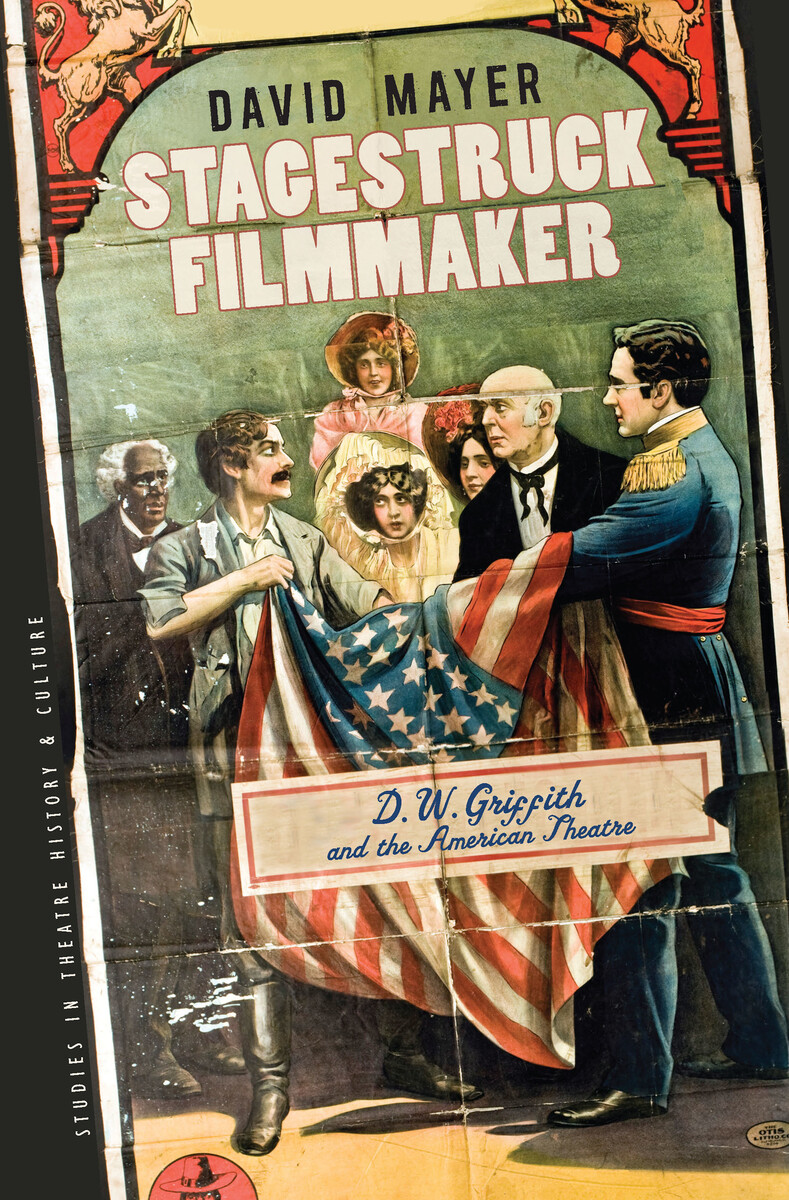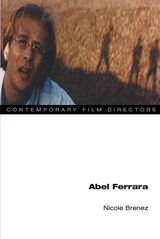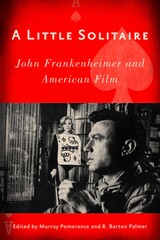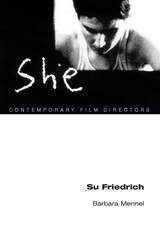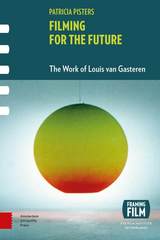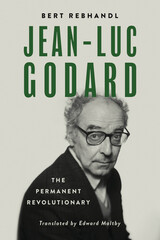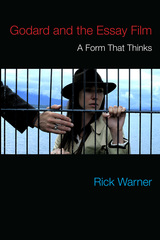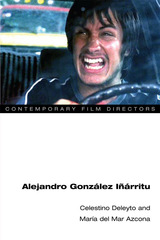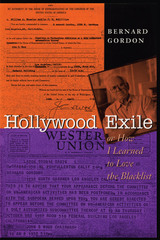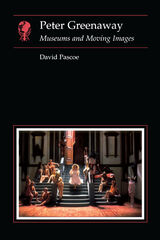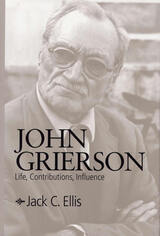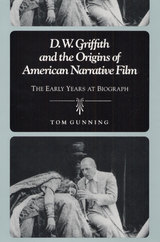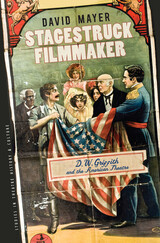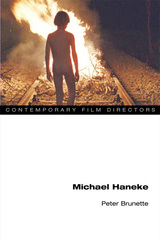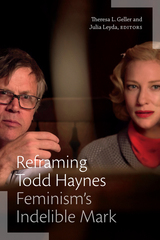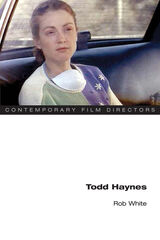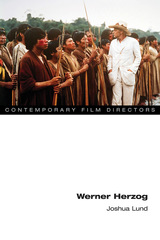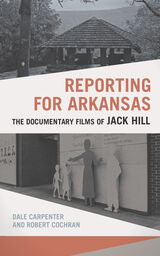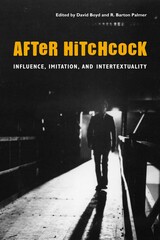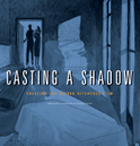Stagestruck Filmmaker: D. W. Griffith and the American Theatre
University of Iowa Press, 2009
Cloth: 978-1-58729-790-8 | eISBN: 978-1-58729-840-0
Library of Congress Classification PN1998.3.G76M39 2009
Dewey Decimal Classification 791.430233092
Cloth: 978-1-58729-790-8 | eISBN: 978-1-58729-840-0
Library of Congress Classification PN1998.3.G76M39 2009
Dewey Decimal Classification 791.430233092
ABOUT THIS BOOK | AUTHOR BIOGRAPHY | REVIEWS | TOC | REQUEST ACCESSIBLE FILE
ABOUT THIS BOOK
An actor, a vaudevillian, and a dramatist before he became a filmmaker, D. W. Griffith used the resources of theatre to great purpose and to great ends. In pioneering the quintessentially modern medium of film from the 1890s to the 1930s, he drew from older, more broadly appealing stage forms of melodrama, comedy, vaudeville, and variety. In Stagestruck Filmmaker, David Mayer brings Griffith’s process vividly to life, offering detailed and valuable insights into the racial, ethnic, class, and gender issues of these transitional decades.
Combining the raw materials of theatre, circus, minstrelsy, and dance with the newer visual codes of motion pictures, Griffith became the first acknowledged artist of American film. Birth of a Nation in particular demonstrates the degree to which he was influenced by the racist justifications and distorting interpretations of the Civil War and the Reconstruction era. Moving through the major phases of Griffith’s career in chapters organized around key films or groups of films, Mayer provides a mesmerizing account of the American stage and cinema in the final years of the nineteenth century and the first three decades of the twentieth century.
Griffith’s relationship to the theatre was intricate, complex, and enduring. Long recognized as the dominant creative figure of American motion pictures, throughout twenty-six years of making more than five hundred films he pillaged, adapted, reshaped, revitalized, preserved, and extolled. By historicizing his representations of race, ethnicity, and otherness, Mayer places Griffith within an overall template of American life in the years when film rivaled and then surpassed the theatre in popularity.
Combining the raw materials of theatre, circus, minstrelsy, and dance with the newer visual codes of motion pictures, Griffith became the first acknowledged artist of American film. Birth of a Nation in particular demonstrates the degree to which he was influenced by the racist justifications and distorting interpretations of the Civil War and the Reconstruction era. Moving through the major phases of Griffith’s career in chapters organized around key films or groups of films, Mayer provides a mesmerizing account of the American stage and cinema in the final years of the nineteenth century and the first three decades of the twentieth century.
Griffith’s relationship to the theatre was intricate, complex, and enduring. Long recognized as the dominant creative figure of American motion pictures, throughout twenty-six years of making more than five hundred films he pillaged, adapted, reshaped, revitalized, preserved, and extolled. By historicizing his representations of race, ethnicity, and otherness, Mayer places Griffith within an overall template of American life in the years when film rivaled and then surpassed the theatre in popularity.
See other books on: 1875-1948 | American Theatre | D . W Griffith | Griffith, D. W. (David Wark) | Motion pictures and theater
See other titles from University of Iowa Press
